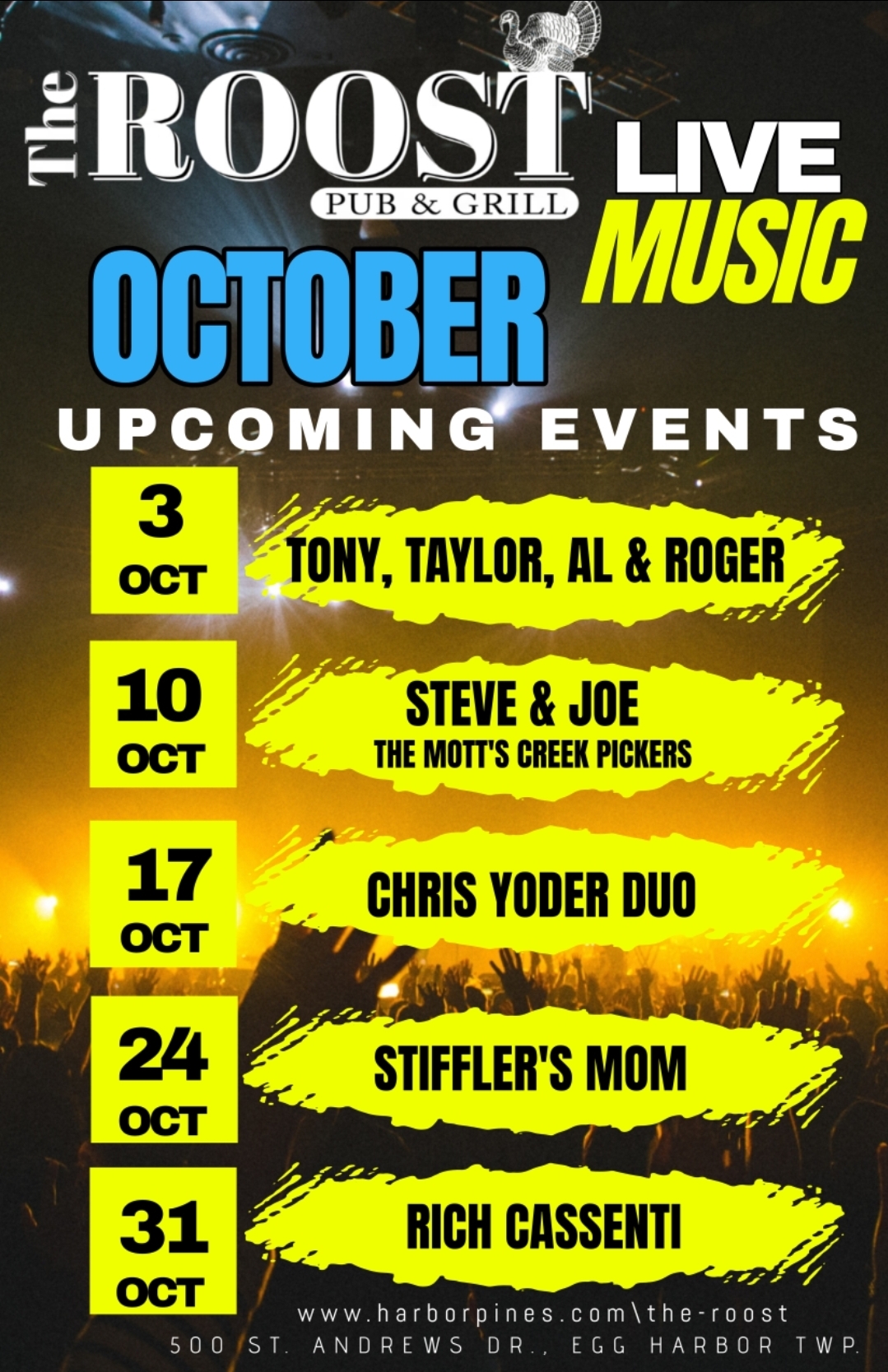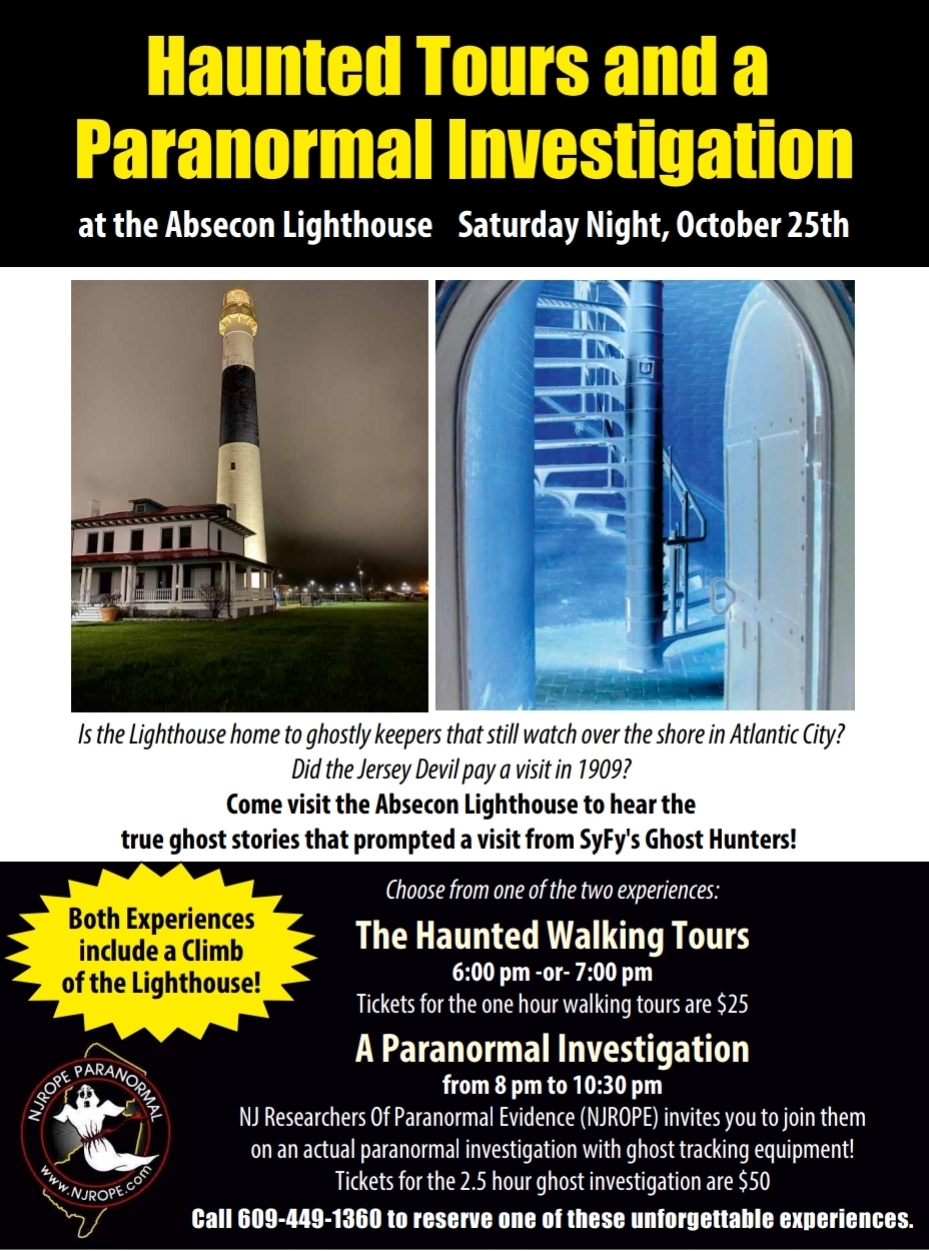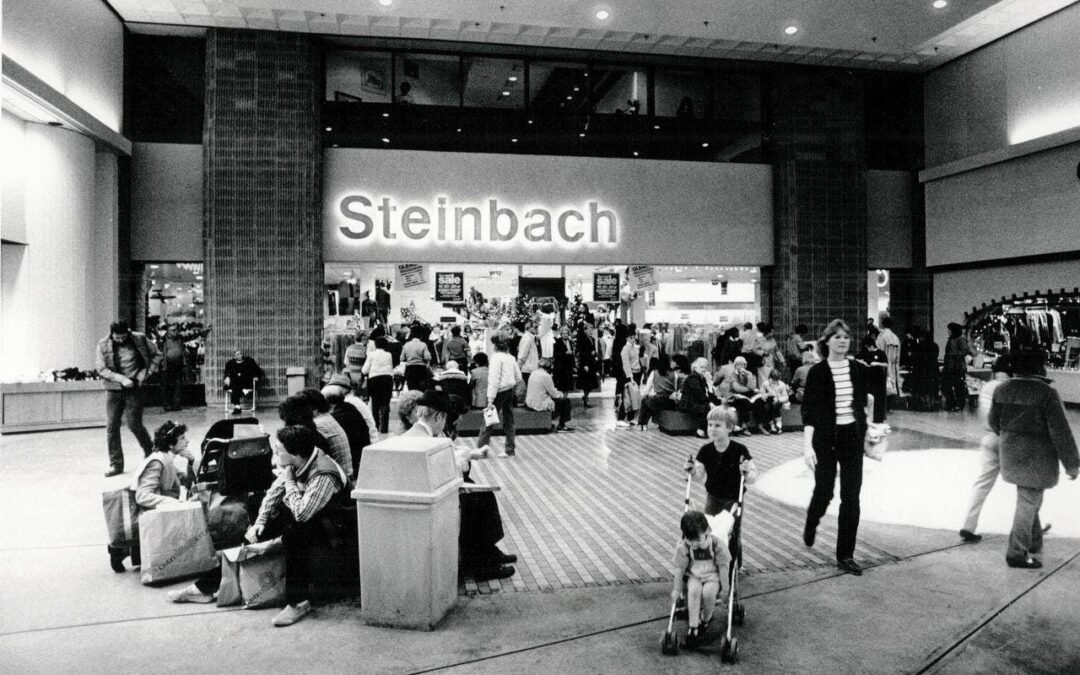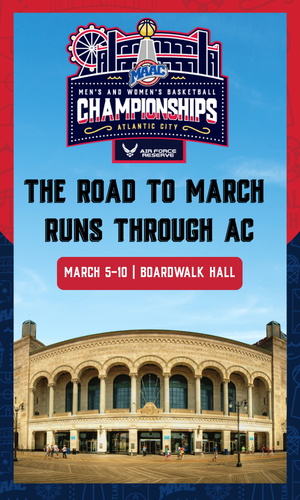There was a time when shopping malls were thriving all over the country.
In New Jersey, circa 1968, the following malls were open for business: Cherry Hill Mall, Monmouth Mall in Eatontown, Menlo Park Mall in Edison, Moorestown Mall, Bergen Town Center and Garden State Mall in Paramus, The Mall at Short Hills in Essex County and the Willowbrook Mall in Wayne. Malls were popular and making big money in 1968.
On a parcel owned by Aetna Realty on the Black Horse Pike in Egg Harbor Township, an outdoor mall named Searstown opened. The biggest of the 22 stores, known as “anchors,” were Sears & Roebuck, the Pantry Pride supermarket and a retailer called Grant City – a large discount store that was an outgrowth of the W.T. Grant Company 25 Cent Store. J.C. Penney moved in a bit later.
Like the other malls in New Jersey and around the country, Searstown did very well. Given that business was good, and there were no enclosed malls in the Atlantic City area at that time, the next logical steps were to enclose it and expand it.
Between 1971 and 1974, the Shore Mall grew to an extent where another anchor was added. The addition was a department store called Steinbach, an Asbury Park-based company founded in 1870 and a chain that was once billed as “the world’s largest department store.”
Shore Mall did good business for about 10 years. The success of the mall was not lost on the Kravco Company, and an outfit called JCP Realty, the latter being the development part of the J.C. Penny retail chain. Kravco and JCP figured that if the Shore Mall was successful, why not build something bigger and better, and on the same road?
The “bigger and better” would be called the Hamilton Mall, to be built just south of the Atlantic City Race Course. With an initial budget of $100 million, construction began on the new mall in November of 1985.
It opened for business in September of 1987. Not long after, the mall’s anchor store, Macy’s, opened with great fanfare. At one time, Hamilton Mall had about 140 stores, including Sears and Penny’s, which left the Shore Mall for what they saw as a better opportunity at Hamilton.
It wasn’t too long before the Shore Mall began to feel the effects of the competition. After all, how many malls can survive on the Black Horse Pike in the Atlantic City area?
Without those large anchor stores in place, Shore Mall began a long and slow decline. Other retailers came in, including the still-standing and still very successful Boscov’s, as well as Clover, the Burlington Coat Factory, Value City, K&G Fashion Superstore and Circuit City. All have since closed.
Over at the Hamilton Mall, expansion was the order of the day. It underwent an $8 million renovation in 2004; and in 2009, a children’s play area, complete with a carousel, was built to occupy the mall’s first floor. In 2013, more restaurants opened, the H&M and Forever 21 retailers became tenants and a new public transit area was added.
But problems for Hamilton Mall began in 2018 when Sears departed, followed by J.C. Penney. Shoppers World, a discount department store, opened on the first floor of the Penney site, but it quickly became evident that Hamilton Mall was on its way down.
The signs were clear. In 2019, an organization called The Hamilton Township Office of Economic Development declared that the mall was “an area in need of redevelopment,” and reported that the mall had lost $40 million of its value since 2017. Kravco bailed in 2019, selling to Namdar Realty Group, a company that specialized in buying malls that were – to use the company’s description – “distressed.”
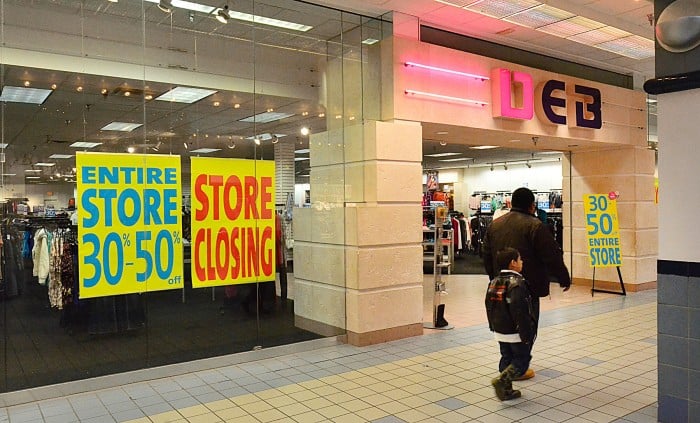
Today, though Macy’s still stands as the sole remaining anchor, Hamilton Mall looks and feels like a ghost town. Even the venerable Forever 21 store closed up shop not long ago. While it’s sad, there’s nothing special or unique about the situation in that malls are closing all over the country.
If there’s any possible good news in sight for Hamilton Mall, it will come by way of the recent announcement that Amazon will be building what is described as a 3-million-square-foot fulfillment center on the site of the old Atlantic City Race Course, adjacent to the mall.
Mall employees, and it’s said there are a lot of them, will need to work somewhere. How ironic is it that Amazon, the company that many believe is putting malls and brick-and-mortar retailers out of business, is building right next door to an almost-closed mall.
The Shore Mall has also been undergoing radical changes.
In January of 2006, Shore Mall was sold to Cedar Realty Trust for $36.5 million and in 2010, Cedar applied for an economic redevelopment grant to upgrade and revamp the property and tear down what remained of the indoor portion of the mall.
In October of 2013, the property was renamed. It’s now known as Harbor Square. Since then, a couple of restaurants have opened and closed, and like Hamilton Mall, it’s hanging on.
Thankfully, Boscov’s remains and Boscov’s is always crowded.
Evidently there’s plenty of room for retailers of every type and size in the Jersey Shore area, as long as they’re not in a shopping mall.
Bruce Klauber is the author of four books, an award-winning music journalist, concert and record producer and publicist, producer of the Warner Brothers and Hudson Music “Jazz Legends” film series, and performs both as a drummer and vocalist.
